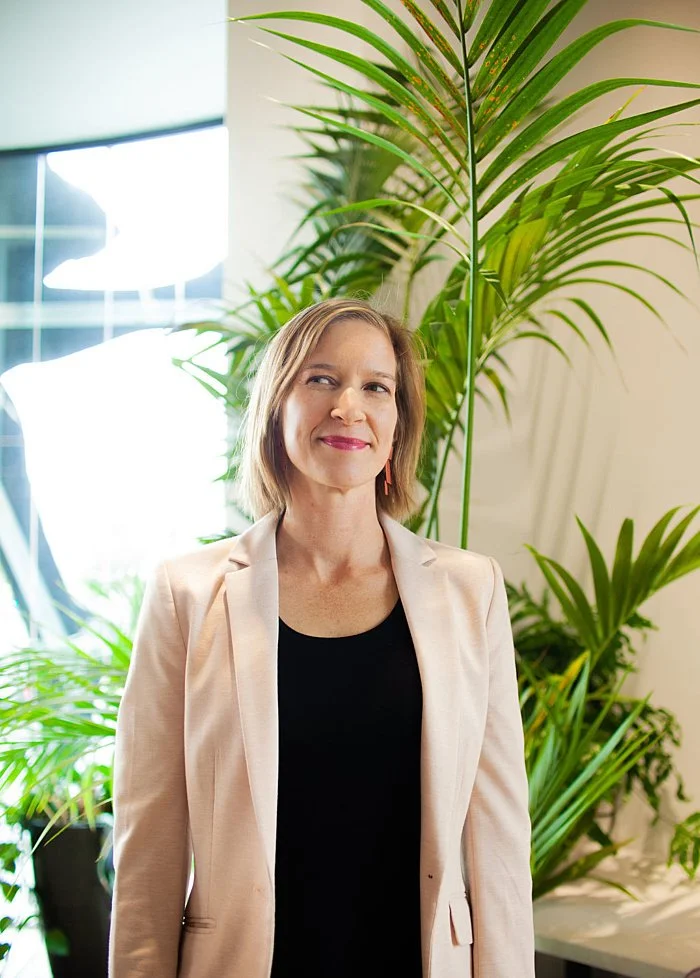Seven keys to great collaborations for community leaders
Article shared from Institute of Community Directors Australia (ICDA)
Posted on 07 Feb 2024
By Nina Laitala, lead trainer, Institute of Community Directors Australia
Collaboration is the key to success for a resource starved not-for-profit sector, says Nina Laitala, lead trainer, Institute of Community Directors Australia.
A concern shared by many NFPs across Australia is a lack of resources, whether it’s funding, time, volunteers, skills, diversity of thought, or experience on the board. This will come as no surprise to anyone working in the sector.
So, what can we do about it?
By design, the sector relies on volunteers, members, staff and other concerned people to do the work we do. The problems we’re trying to solve can’t be solved by just one organisation, so we must work together.
In 2024 we will see an increased need for collaboration as the struggle to adequately resource our organisations continues.
When resources are tight, competition becomes fiercer, but it is in these trying circumstances that collaboration is most effective and most powerful. We have many, many NFP and community organisations in Australia and many voices that are fighting to be heard.
In 2024 we will see an increased need for collaboration as the struggle to adequately resource our organisations continues.
When resources are tight, competition becomes fiercer, but it is in these trying circumstances that collaboration is most effective and most powerful. We have many, many NFP and community organisations in Australia and many voices that are fighting to be heard.
So how do we work better together to amplify our messages, use our limited funding more effectively and share volunteers to avoid burnout?
Collaborate requires negotiation skills, including the willingness and ability to compromise and adapt for the sake of the big picture. ICDA has worked with many small organisations in regional communities that have developed effective ways of working together to maximise their individual as well as their collective impact.
"When resources are tight, competition becomes fiercer, but it is in these trying circumstances that collaboration is most effective and most powerful."
Here are some of those techniques that all NFPs and community organisations should be considering:
Sharing resources such as buildings, transport and staff
Sharing policies and other organisational documents and adapting them
Applying for funding as partners or groups
Co-hosting events and activities
Sharing the cost of training and expert advisors between multiple organisations
Supporting a local “expert” treasurer, secretary and chair (experienced individuals) to sit on multiple boards to increase the skills and experience of each board and encourage succession planning
Sharing expertise within the community, especially in areas such as grant writing, operations and cyber security.
The organisations we’ve worked with have been able to establish these practices and structures by holding regular network meetings and developing a strong collective understanding of what they are trying to achieve.
This kind of collaborative approach means that individual organisations are able to continue with their specialist work while also contributing to the bigger picture that benefits the broader community.
ICDA looks forward to supporting the sector to create stronger collaborations and partnerships through training, resources, news and information in 2024.


